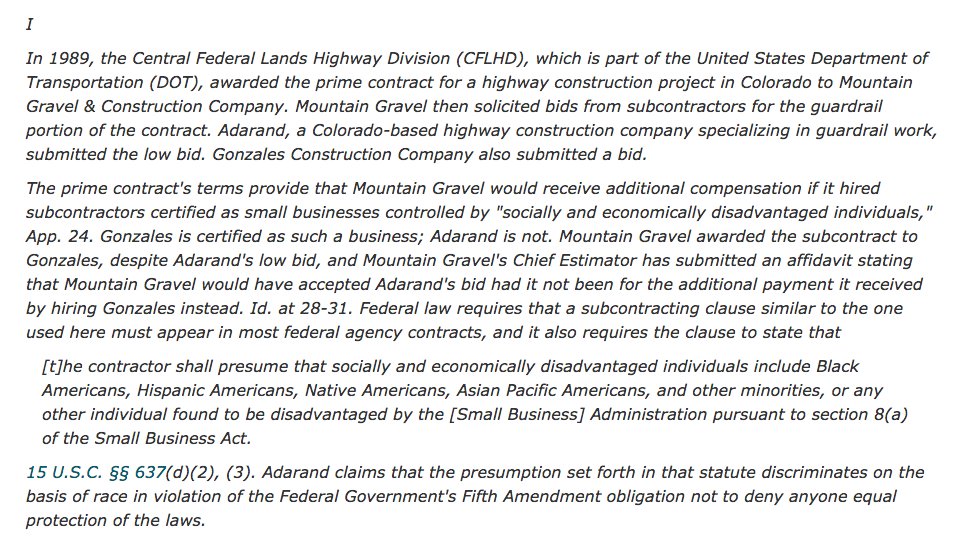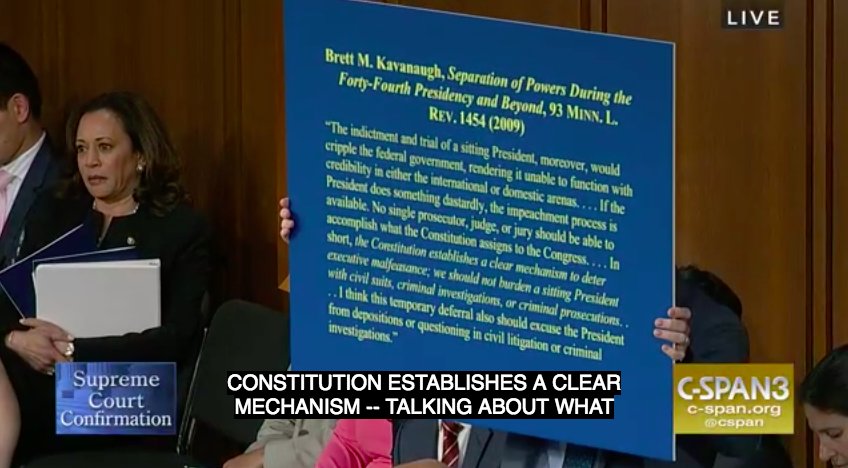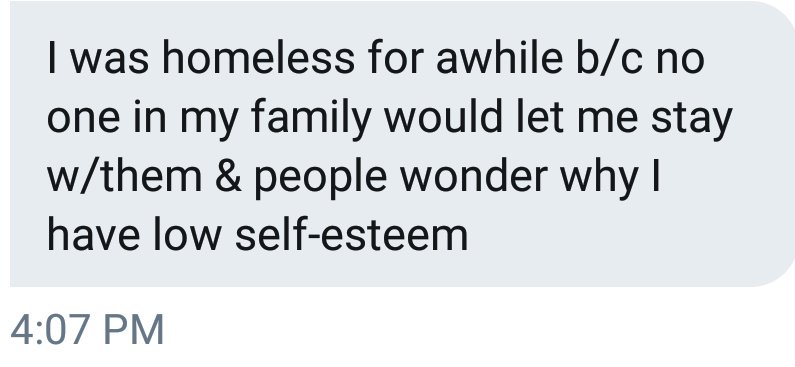
Kav: "I think the job of the judge is to focus on the words written in the statute."
Grassley: "I have colleagues trying to insinuate that you interviewed Judge Pryor."
Kavanaugh: That precedent has been applied over and over again. "I'm not aware of much effort to deviate from that standard." (The president is not a fan of it.)
Morrison upheld the independent counsel act; Kagan praised Scalia's dissent.
Kav says he changed his view on what counts as the laws of war for a statute after hearing a different view at oral arguments in a later case.
Blumenthal: Have you discussed it at all?
Kav: "If you're walking around in America, people are discussing it." Adds: "I've never suggested anything about my views about anything."
Kavanaugh: "I'm not remembering any discussions like that." Suggests it may have come up in mock hearings.
Kavanaugh wants to know who she's talking about. After she doesn't say, he says, "The answer's no."















